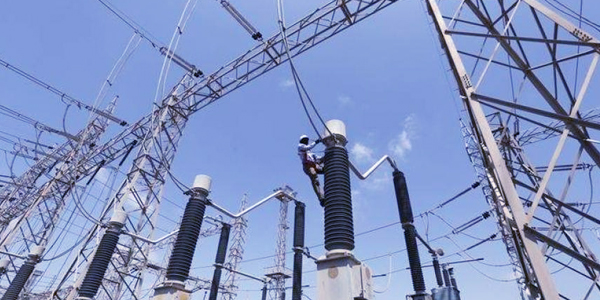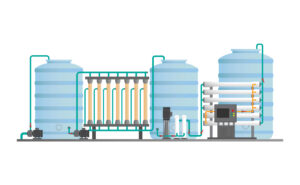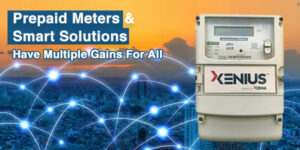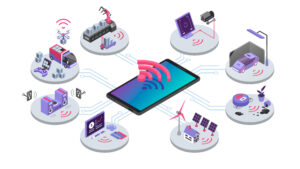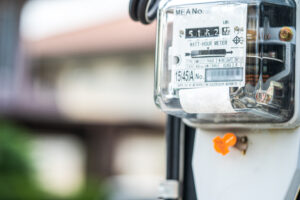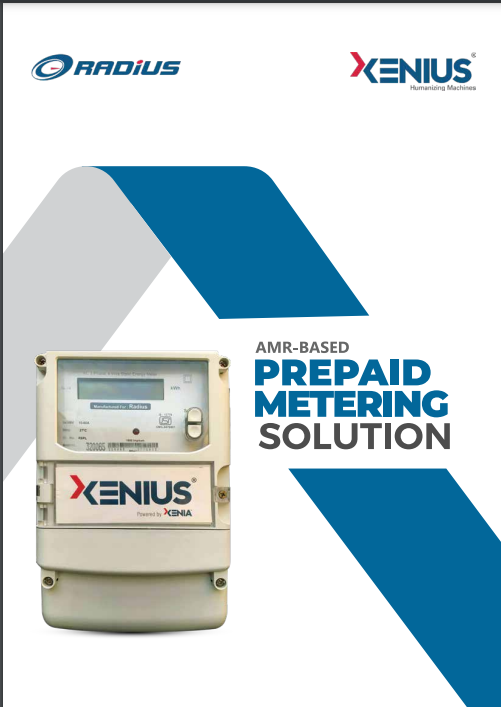The global countdown has begun for rollover of TID value of all STS meters to zero. Any token generated after November 24, 2024 will be rejected by the meters. This has the potential of causing huge losses to the utilities and also leading to electricity thefts. It is essential, therefore, for the managements to provide a new decoder key into the meters to avoid such issues.
Standard Transfer Specification (STS), introduced in South Africa in 1993, is the gold standard for transfer of utility prepayment tokens to ensure interoperability of components made by different manufacturers. The application of this technology can be licensed only by STS Association to ensure safety and protection of prepayment transactions of utilities.
The Token Identifier (TID) is a 24-bit field, contained in STS-compliant tokens, which identifies the date and time of the token generation. TID is used to determine if a token has already been used for payment or not. The 24-bit field represents the minutes passed since January 1, 1993. The 24-bit field increases with every passing minute, as a result of which the TID value will eventually roll over to a zero value.
- The 24-bit field represents the minutes passed since January 1, 1993. The 24-bit field increases with every passing minute, as a result of which the TID value will eventually roll over to a zero value.
- All meters will require key change tokens with the rollover bit set. The base date of January 1, 1993 will be required to change with a date later than that.
- The second edition comprises more advanced algorithms for vending key creation and protection. The latest edition will be implemented for a period of more than 20 years, till 2045.
The TID value of all STS meters will roll over to zero on November 24, 2024. Any token that is generated after that date will be rejected by the meters. The tokens will then be read by the meters as old tokens as the TID value will be reset to zero. This can cause huge losses to power utilities and also lead to electricity theft as the meters will accept the old tokens.
To rectify this issue, all meters will require key change tokens with the rollover bit set. The base date of January 1, 1993 will be required to change with a date later than that. The utilities may face huge losses as the STS meters will accept already used tokens. It is, therefore, essential for managements to provide a new decoder key into the meters to avoid such issues.
The STS specifications for the first edition have been successfully used for over 25 years. The second edition of the specifications has been recently launched by the STS Association. It comprises more advanced algorithms for vending key creation and protection. The latest edition will be implemented for a period of more than 20 years, till 2045.
The new edition will allow for a vending key to be expired after a certain time-period. Even if it has been compromised, the key will expire after a certain time. This will reduce the risk of electricity theft and ensure safety of standalone vending systems. After the TID rollover takes place, all the tokens generated from unauthorised vendors will be rejected by the system.

